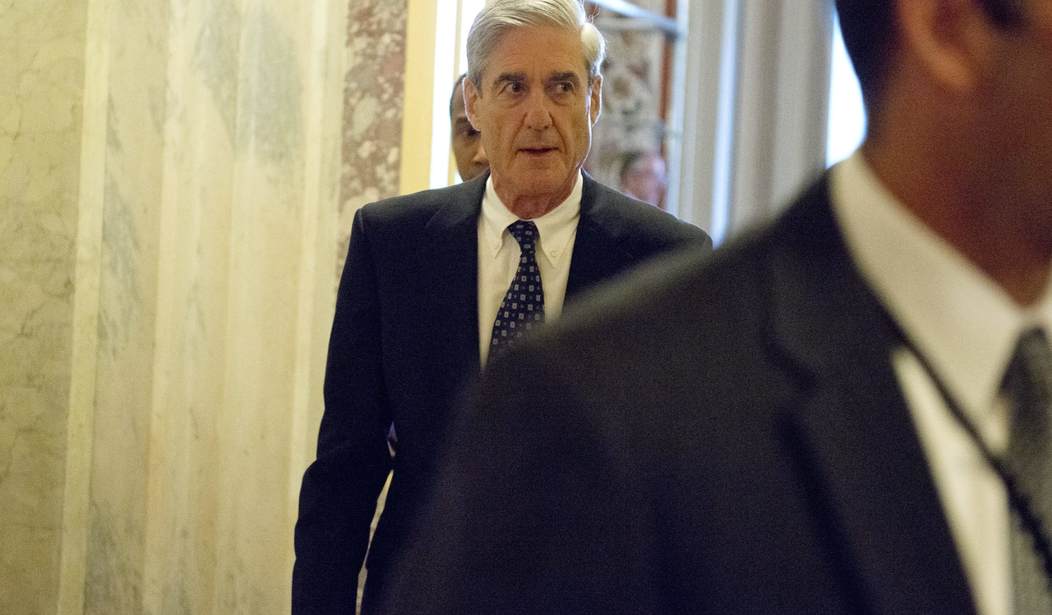The fabricated “Russian collusion” meme, cooked up by a bitter and vindictive Hillary Clinton after her stunning and thoroughly deserved loss in last fall’s presidential election, is likely to have no end other than soiling many, many reputations:
Is special counsel Robert S. Mueller III, appointed in mid-May to lead the investigation into suspected ties between Donald Trump’s campaign and various shady (aren’t they all?) Russian officials, the choirboy that he’s being touted to be, or is he more akin to a modern-day Tomas de Torquemada, the Castilian Dominican friar who was the first Grand Inquisitor in the 15th Century Spanish Inquisition?
Given the rampant media partisanship since the election, one would think that Mueller’s appointment would lend credibility to the hunt for violations of law by candidate, now President Trump and his minions. But I have known Mueller during key moments of his career as a federal prosecutor. My experience has taught me to approach whatever he does in the Trump investigation with a requisite degree of skepticism or, at the very least, extreme caution.
Harvey Silverglate is a noted civil libertarian and author of Three Felonies a Day, an indictment of our top-heavy legal structure, which can find a crime to suit every citizen, and on demand. His anecdotes about Mueller should help dispel the choir-boy reputation of the former FBI chief, whose bad luck it is to be conducting a partisan witch hunt into non-existent “crimes” even as the FBI’s sterling reputation is cratering under the weight of the Uranium One scandal during the Obama administration and James Comey’s plummeting public standing.
When Mueller was the acting United States Attorney in Boston, I was defense counsel in a federal criminal case in which a rather odd fellow contacted me to tell me that he had information that could assist my client. He asked to see me, and I agreed to meet. He walked into my office wearing a striking, flowing white gauze-like shirt and sat down across from me at the conference table. He was prepared, he said, to give me an affidavit to the effect that certain real estate owned by my client was purchased with lawful currency rather than, as Mueller’s office was claiming, the proceeds of illegal drug activities.
My secretary typed up the affidavit that the witness was going to sign. Just as he picked up the pen, he looked at me and said something like: “You know, all of this is actually false, but your client is an old friend of mine and I want to help him.” As I threw the putative witness out of my office, I noticed, under the flowing white shirt, a lump on his back – he was obviously wired and recording every word between us.
Years later I ran into Mueller, and I told him of my disappointment in being the target of a sting where there was no reason to think that I would knowingly present perjured evidence to a court. Mueller, half-apologetically, told me that he never really thought that I would suborn perjury, but that he had a duty to pursue the lead given to him. (That “lead,” of course, was provided by a fellow that we lawyers, among ourselves, would indelicately refer to as a “scumbag.”)
Read the whole thing. Silverglate concludes with this caution:
If Mueller claims that Trump or members of his entourage committed crimes, it doesn’t mean that it’s necessarily so. We should take Mueller and his prosecutorial team with a grain of salt. But a grain of salt seems an outmoded concept in an age when both sides – Trump and his critics – seem impervious to inconvenient facts. The most appropriate slogan for all the combatants on both sides of the Trump wars (including, alas, the reporters and their editors) might well be: “Don’t confuse me with the facts; my mind is made up.”









Join the conversation as a VIP Member